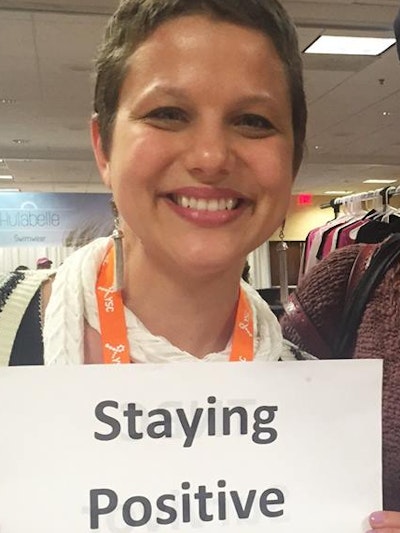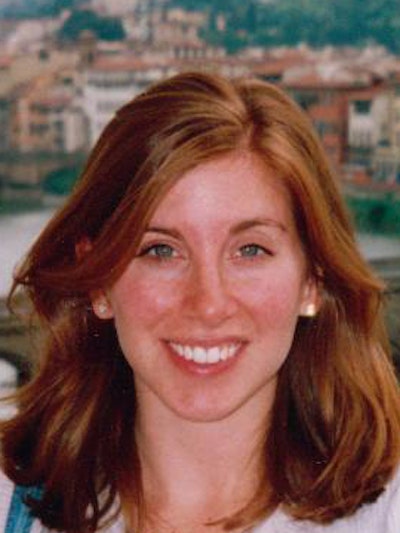I begin with a personal comment. I know that as a non-profit organization, TNBCF does not take “political” stands. Neither does the American Association for Cancer Research. That doesn’t mean that organizations dedicated to improving the treatment and care of people facing cancer can look away and avoid speaking up for what matters most. This year, the AACR meeting, an extraordinary tribute to the power of science and medicine takes place under some very dark clouds.
Five minutes before I attended a session on “The ACA and its Potential Impact on Cancer Patients,” I read an article in the New York Times that stated a new proposal from the Freedom Caucus “effectively casts the Affordable Care Act’s preexisting conditions provision aside.” The article’s author, Margaret Sanger-Katz, specifically to what this would mean to cancer patients.
The reality of this scenario became very clear during the ensuing discussion. Chiaro D’Agostino is an intelligent, articulate woman, a former Italian teacher with a MA in Italian culture. She is single and self-employed. Two years ago, at age 43, she was diagnosed with stage III TNBC. In October, her disease recurred and she is now on a clinical immunotherapy trial for her metastatic cancer. Her ACA policy has paid for all of her expenses, including her clinical trial. She has access to the top care that is keeping her alive, and she is terrified what it will mean to lose that coverage. Her daily anxiety adds heavily to the burden of her cancer experience. She is one voice, among so many.
At the same time that Congress and the Administration are considering stripping the ACA of essential benefits and rolling back the protection for people with pre-existing condition, the proposed budget cuts funding for the NIH by almost 20%. In this environment, I am surrounded by people from all over the world who are presenting new discoveries and who believe that we have truly entered a remarkable era of progress in understanding and treating cancer and other diseases. It is impossible to comprehend a plan that cuts this country’s commitment to medicine and science, to patients and caregivers that drastically. The effect will be enormous and immediate, and have a direct impact on the cancer community.
Finally, one of the things that makes science so beautiful is that it truly is global. Scientists and physicians come to this meeting, and others, from all over the world. Major studies are done in cancer centers in multiple countries. People share data and ideas in ways that transcend boundaries. We need to make sure that we don’t build walls of any kind that exclude the people who make this possible.
As members of the triple negative breast cancer community, this is a time speak up, to take action, to make sure your voices are heard by the people who are making these decisions. Your stories are powerful. You can make a difference, both individually and speaking together in a unified voice. Contact Congress, as often and in as many ways as you can. Deliver these messages:
● There are 18 million people living with cancer today–and that doesn’t count our caregivers, families and friends.
● It is critical that people facing serious illnesses have insurance that provides guaranteed access to healthcare, including clinical trials. Be careful on this one as some people use word “access” to mean the ability to choose plans, not access to actual care.
● Science matters. Today, we are seeing a revolution in understanding cancer and other serious disease. There is also important work in improving quality of life. That progress is fueled by research which requires funding. Do not cripple this country’s research effort by slashing funding for the NIH and other scientific agencies and programs.
● Respect and protect the contributions of scientists and physicians from all over the world and assure that people from every country can continue to come here to learn, train, share their expertise and care for patients.




